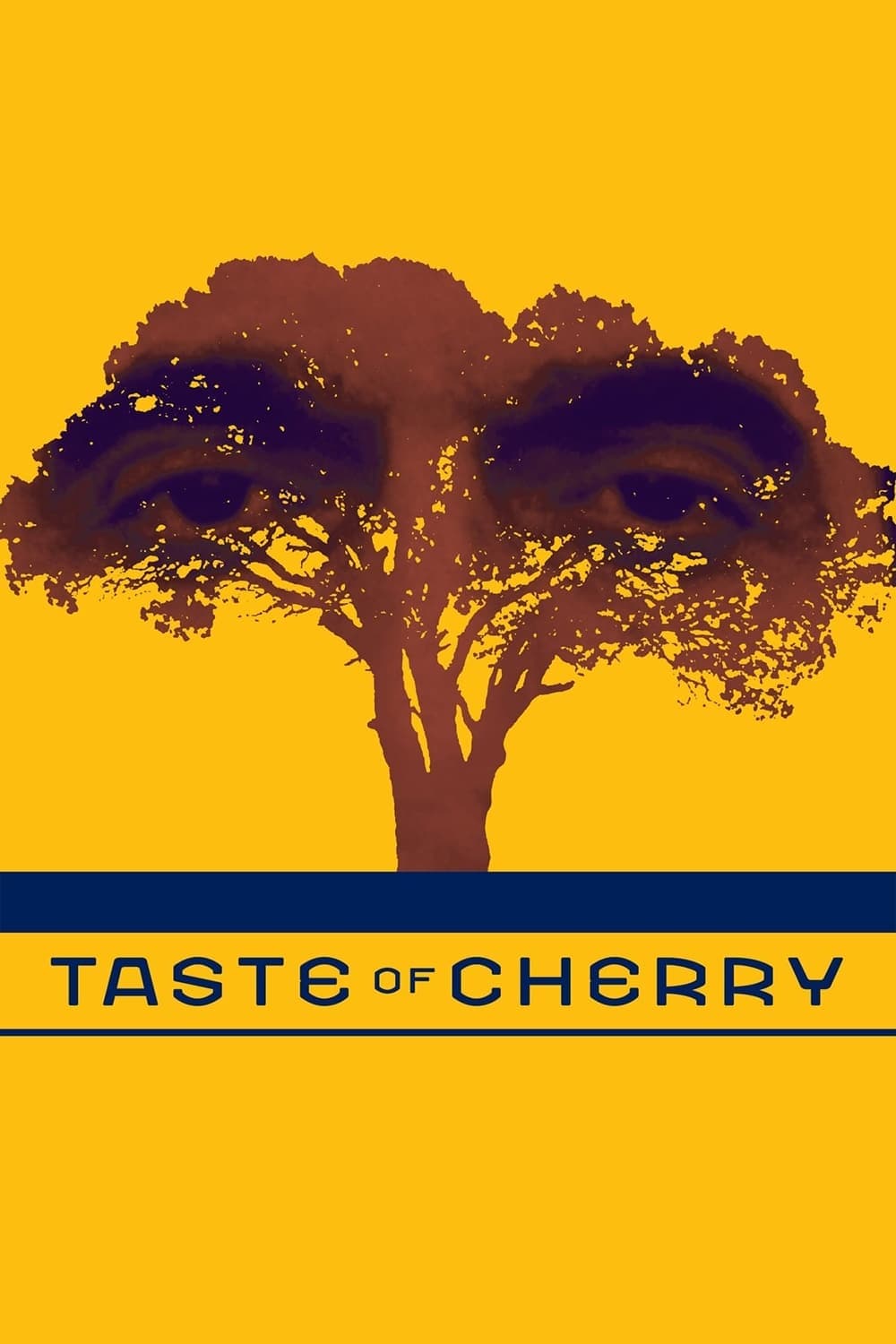
Taste of Cherry
1997
Rate this movie
Average: 0.00 / 5
(0 votes)
Director
Kiarostami, a refined and stylistically polished director, addresses the theme of suicide with a sensitivity that transcends mere representation, elevating the narrative to a philosophical inquiry into existence itself. His vision, far from distorting facts or passing judgment, refrains from any preconceived ethical implications, favoring a faithful, almost phenomenological, reproduction of reality as it unfolds before his camera. It is neither an apology nor a condemnation, but rather a patient, almost ethnographic, exploration of a human abyss which, in its universal resonance, nevertheless remains deeply rooted in a specific cultural context.
And it is decidedly intriguing how the story manages to captivate the viewer, engaging them not through dramatic contrivances or plot twists, but with the force of disarming semantic simplicity and an extremely direct cinematic language. A device that brings to mind the distinctive feature of the Italian Neorealist movement – the search for truth in everyday life, the use of non-professional actors, the predilection for real locations – but which Kiarostami filters through a sober and refined aesthetic, imbued with an aura of poetic abstraction. His is a purified, almost metaphysical neorealism, tending to favor stark suggestion and the evocative power of storytelling, transforming a dusty road or an arid field into a stage for existential questions. The camera, often fixed or in slow panoramic movements, becomes a patient, almost voyeuristic eye, inviting the viewer to actively participate in deciphering the silences and half-words.
Mr. Badii, the protagonist whose motivation deliberately remains ambiguous until the end, desperately seeks someone to assist him in his suicidal intentions. He has already dug his grave in the mountains, in an isolated place that reflects his inner condition, and he needs someone to take care of his body after death. This search unfolds like an existential road movie, entirely set within and around the cabin of his Range Rover, which transforms into a kind of mobile confessional, a protective shell where social barriers lower and souls confront each other. Along the way, he encounters various figures who represent as many facets of Iranian society: a young Kurdish soldier, fearful and dutiful; an Afghan seminarian, whose faith prevents him from assenting to such a grave act; and finally, almost by a stroke of fate, an elderly farmer, Mr. Bagheri. These seemingly casual encounters are but stages of an inner pilgrimage, each rejected by a moral or religious limit, until the encounter with a simple but inescapable wisdom.
Mr. Bagheri, sitting in the car with the protagonist, tries to dissuade him from the idea of suicide with a monologue that is a true hymn to life, woven from small emotions that arise from the everyday, from the purest and most immediate sensory experience: “Don't you want to see the sun at dawn? The red and yellow of the sunset? Don't you want to see it anymore? Have you seen the moon? Don't you want to look at the stars? In the moonlight? That perfectly round circle of the moon? Don't you want to see it anymore? Do you want to close your eyes? All these things are to be seen. From the other world, they come here to see these things, and you want to go to the other world? The fresh water of the stream, don't you want to drink it anymore? Wash your face with that water? Do you want to give up the taste of cherry?” This passage is the pulsating heart of the film, a distillation of philosophy in miniature that reaffirms the intrinsic value of existence through an appeal to the wonder of the sensible world. It is not about complex theological or ethical discourses, but an ode to the ordinary, the commonplace, the tangible: the filtering light, the taste of a fruit, the freshness of water. It is an existential lesson imparted by life itself, by those who have known the toil and resilience of the earth. The "taste of cherry" becomes the perfect metaphor for that simple and immediate joy of living, often obscured by the complexity of thought and despair.
The beauty of the film also lies in its ending, which offers neither easy solutions nor definitive answers, but rather a meta-cinematic opening. After the ambiguous scene in which Badii lies down in his grave under the rain and the sound of thunder, the film concludes with a sudden breaking of the fourth wall: the transition to video images showing Kiarostami himself, the crew, the actors smoking a cigarette and talking in a more documentary-like context. This bold and surprising choice, almost a betrayal of narrative conventions, is not a stylistic flourish, but a deliberate act that unmasks cinematic illusion to bring us back to the reality of artistic creation. It reminds us that fiction is a means to explore truth, and that the questions posed by the film are not answered within the plot, but in the experience of its making and its reception. It is an invitation to reflect on the nature of cinema itself and its ability to question us without claims of omniscience.
"The Taste of Cherry" is a slow catharsis in the form of earthly divestment, a delicate hymn to human feelings of brotherhood manifested in simple interaction and the sharing of words, even the simplest. It is a vivid example of how quality cinema, understood as an art capable of transcending cultural and linguistic barriers, can flourish far from the traditional circuits of Europe, Hollywood, and Japan, asserting the unique and profoundly human voice of a cinematography, that of Iran, which in the 1990s managed to establish itself on the world stage with its originality and depth. A work of incredible, almost magnetic, fascination which, far from providing solace, leaves the viewer with a persistent echo of questions about existence, death, and the sacredness of life in every tiny, invaluable, taste.
Genres
Gallery
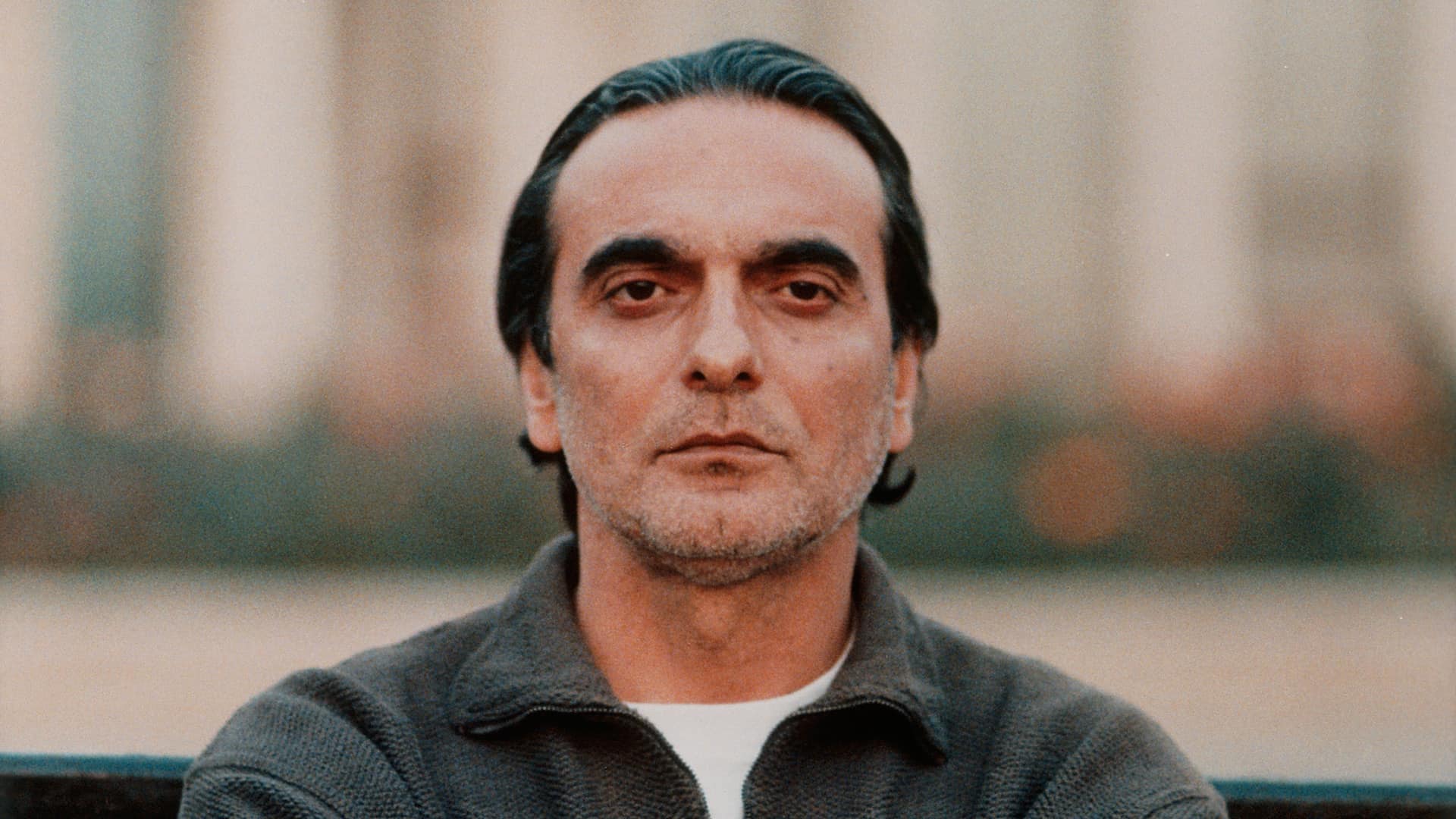
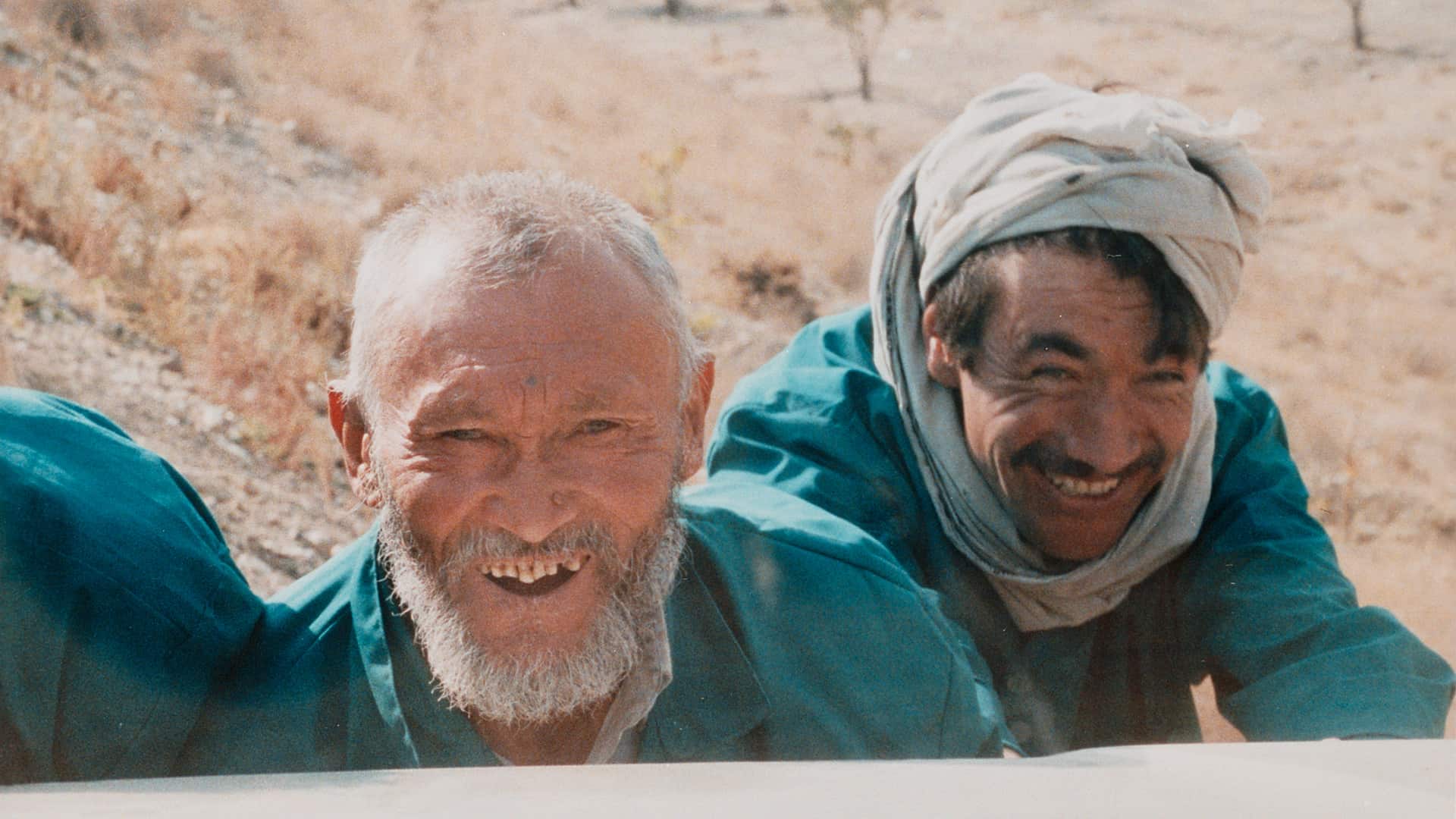

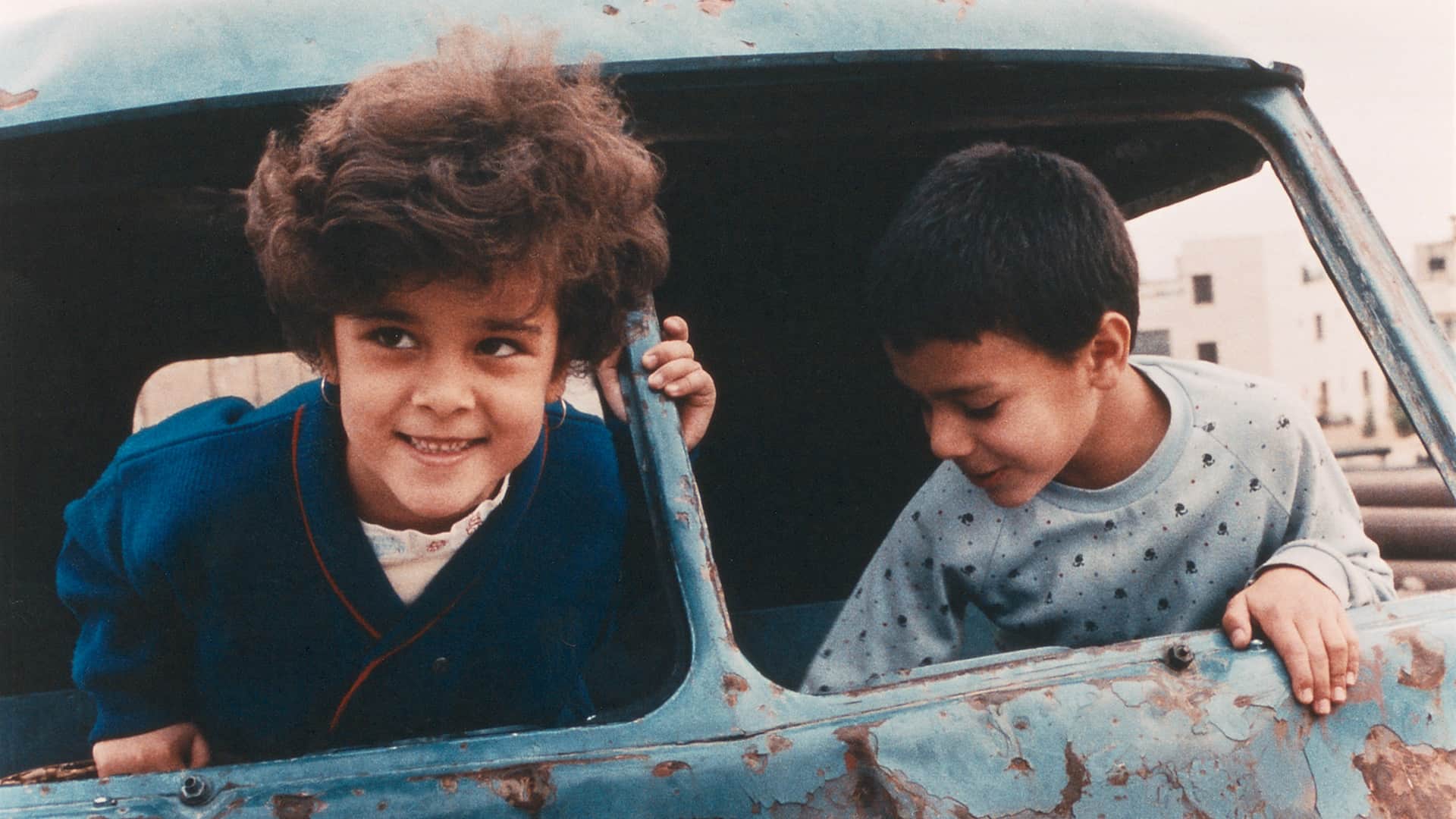
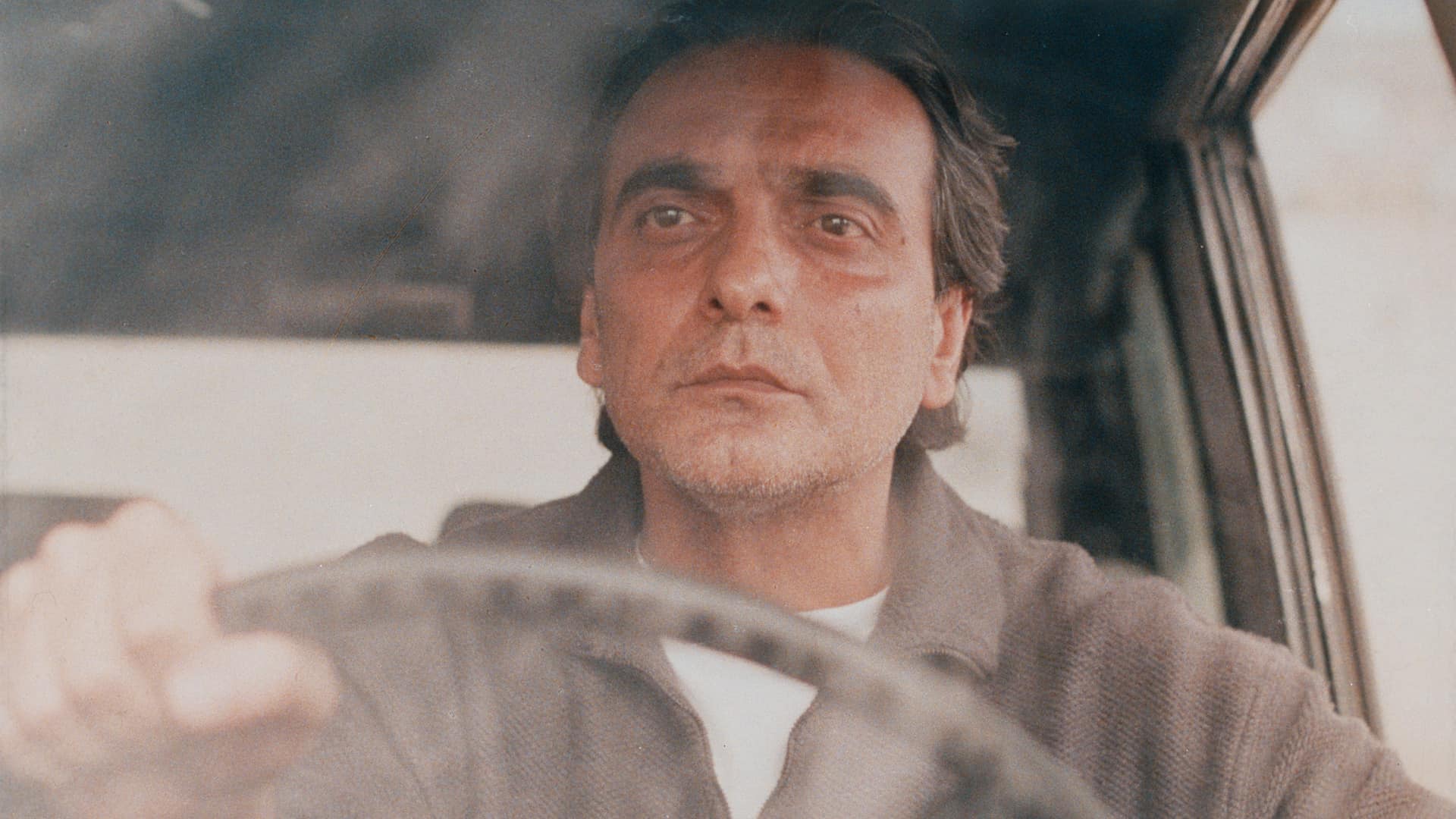
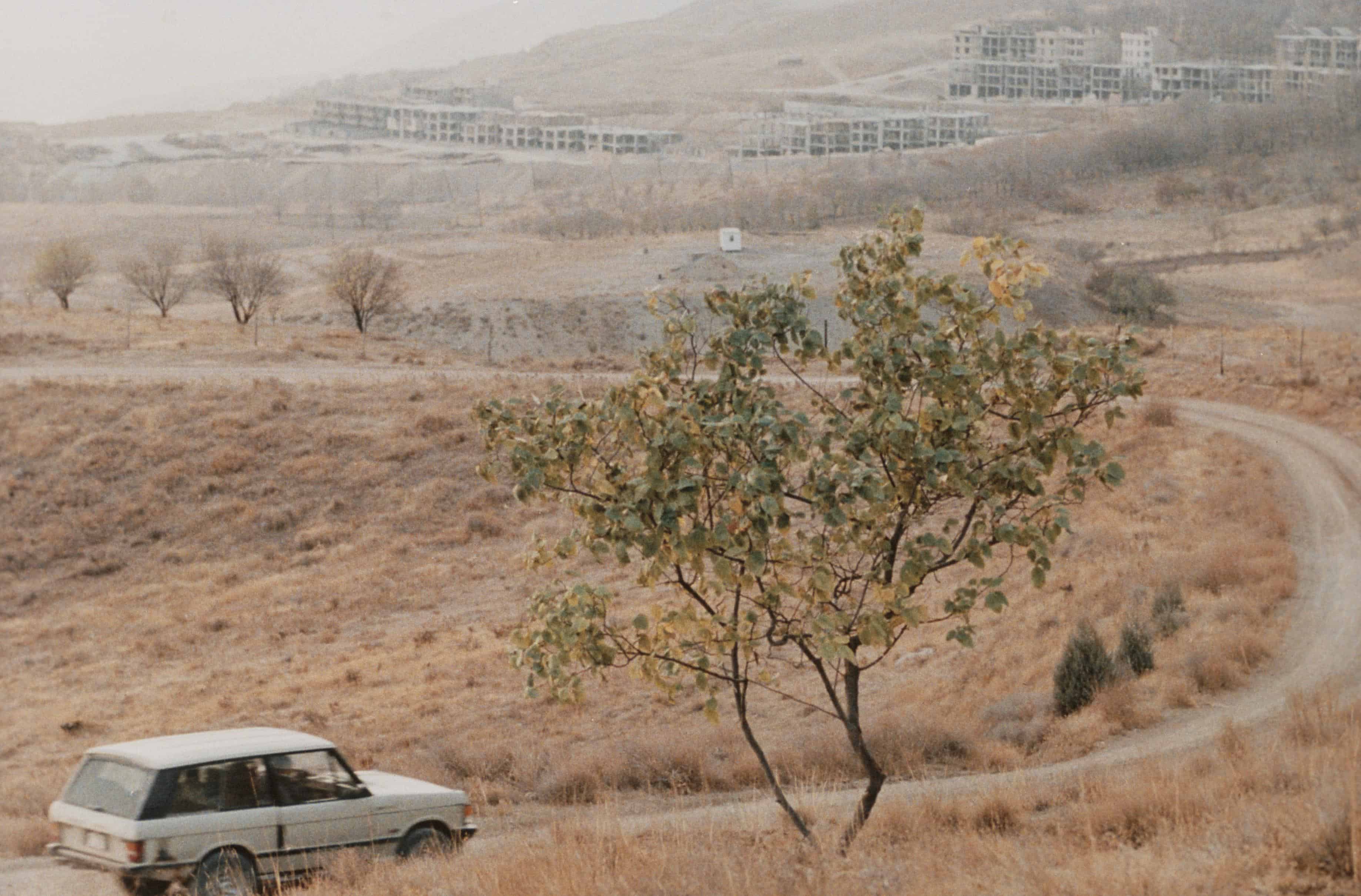
Featured Videos
Official Trailer
Comments
Loading comments...